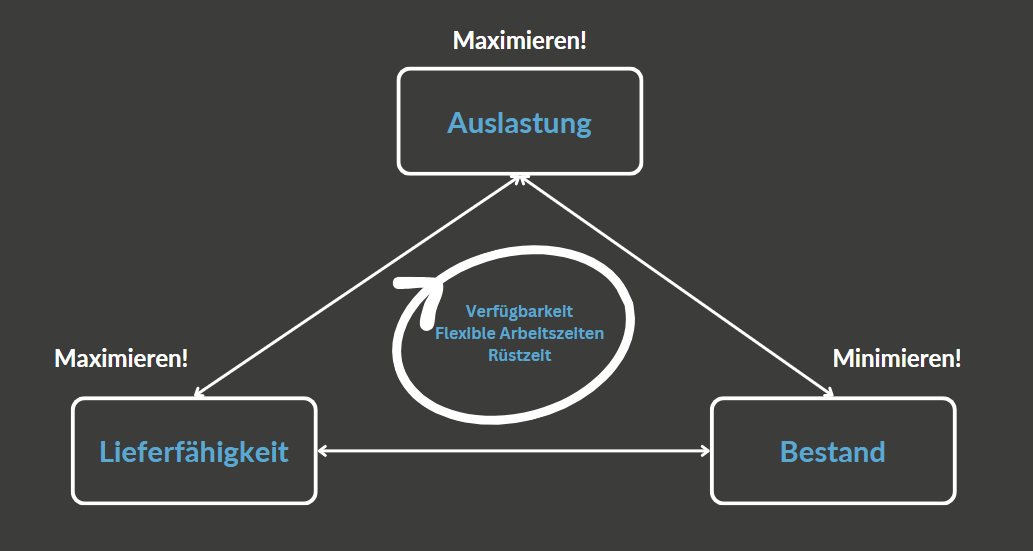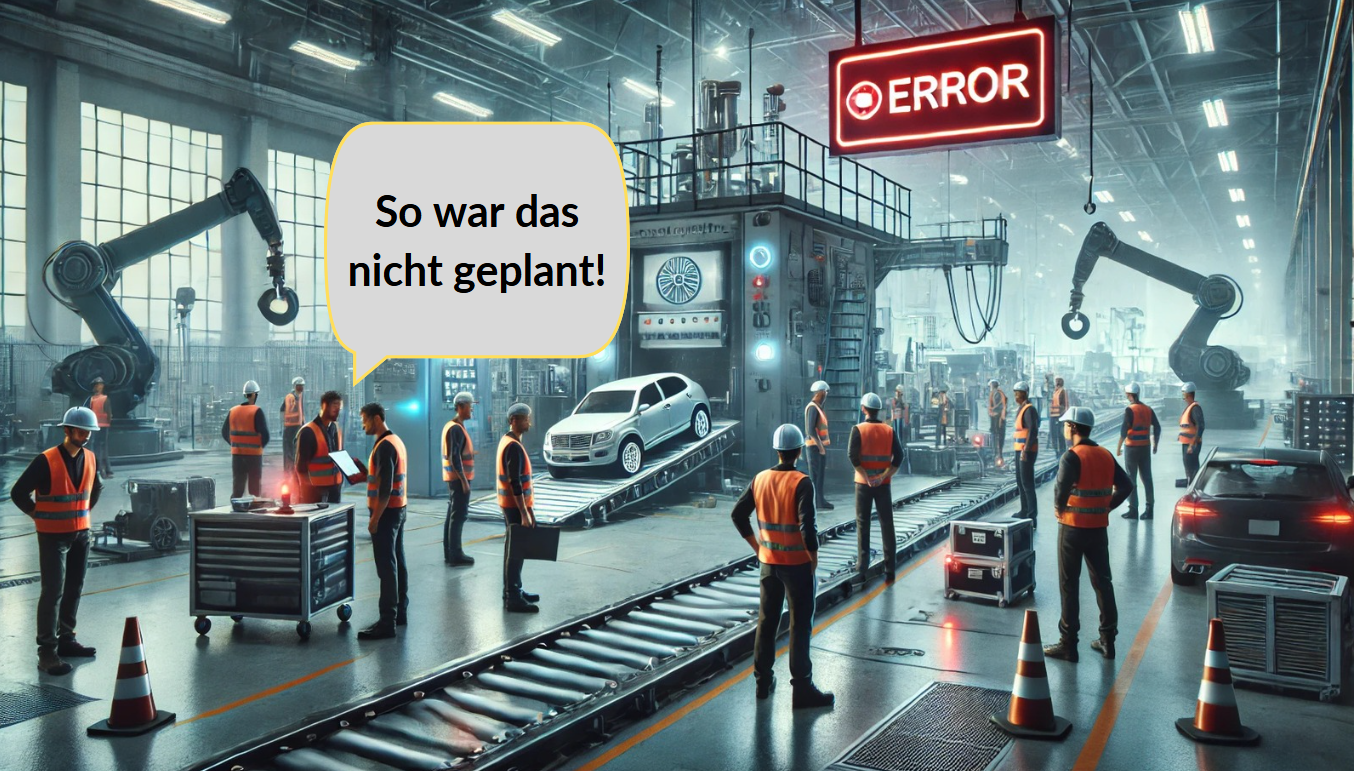Introduction:
As a production manager, plant manager or lean manager, do you regularly face the challenge of planning complex production processes efficiently without losing flexibility and accuracy? Do you have the feeling that your current production plans are not achieving the optimum and are wondering how you can improve this? You are not alone. Many professionals in the industry share these challenges.DeepSynergy.AI understands this problem precisely and offers you a solution that automates your planning processes and at the same time significantly increases the efficiency of your entire production. In this article, you will learn how you can optimize your production planning, which technologies will help you and how you can avoid bottlenecks. By the end, you will know how to achieve your production targets more efficiently while minimizing planning costs.
Challenges of current production planning:
Planning modern production processes is often a complex and time-consuming task that quickly pushes traditional methods to their limits. If you use manual or partially manual planning methods, you know how difficult it can be to keep all variables and dependencies under control.
Complexity and time: Have you ever wondered how much time you spend manually adjusting production plans every day? Despite specialized software, many planners continue to spend several hours a day creating and adjusting schedules. This high expenditure of time leads to frustration and reduces efficiency.
Goals and results: The challenge is often to create production schedules that not only cover daily operations, but are also flexible enough to respond to unexpected issues. If your planning methods do not achieve clear goals or are not flexible enough to make adjustments, an automated solution could be the answer.
Manual planning and its limitations: Manual planning often becomes a fallback solution when traditional planning methods fail. However, this approach is error-prone and time-consuming, which leads to inefficient processes.
The influence of complex production processes:
Complex production processes place special demands on planning. Numerous variables, dependencies and potential bottlenecks must be taken into account.
Versatility and adaptability: In dynamic production environments, conditions are constantly changing. Different products, varying batch sizes and changing customer requirements require flexible planning methods that can react in real time.
Dependencies and bottlenecks: Each production step can have an impact on subsequent steps, and a bottleneck can delay the entire production process. Traditional planning methods are often unable to manage these complex dependencies efficiently.
Need for automated and optimized solutions:
The challenges of modern production planning illustrate why automated and optimized solutions have become essential.
Manual planning vs. automated solutions: Manual production planning is still widespread in many companies, although it is time-consuming and error-prone. Automated solutions, on the other hand, offer considerable advantages, particularly in terms of efficiency and flexibility.
Limitations of manual planning: Manual planning is not only time-consuming, but also unable to react quickly to unforeseen changes. Errors that easily creep in can lead to high costs and inefficient processes.
Advantages of automated planning solutions:
Increased efficiency: Automated systems process all relevant information in just a few minutes and take complex dependencies into account, resulting in faster and more accurate planning.
Flexibility: Automated solutions adapt to changes in real time, be it a change in production capacity, an unexpected machine malfunction or a short-term change in the order situation.
Optimization: These systems are designed to find optimal solutions by taking into account numerous variables and restrictions, maximizing efficiency and minimizing costs.
Conclusion and inspiring conclusion:
The challenges of production planning in complex environments are manifold and often cannot be satisfactorily overcome using traditional methods. Automated and optimized planning solutions offer a powerful alternative that can increase efficiency and accuracy and avoid bottlenecks.
In a world where production processes are becoming increasingly complex and dynamic, the ability to plan quickly and accurately is at the heart of success. Automated solutions such as those from DeepSynergy.AI open up new possibilities – they are not just tools, they enable you to take your production performance to a new level. The future of production planning starts now – are you ready to take this step and revolutionize your production?
References:
Manufacturing Global, “The Future of Manufacturing: How Automation is Revolutionizing Production,” (2022).
Harvard Business Review, “How Smart Manufacturing Technologies Are Changing the Game,” (2021).
International Journal of Production Research, “Challenges in Production Planning: A Comprehensive Review,” (2021).
CIRP Annals – Manufacturing Technology, “The Impact of Production Complexity on Planning and Scheduling,” (2020).
Journal of Manufacturing Systems, “Limitations of Manual Production Planning in Complex Manufacturing Environments,” (2019).
McKinsey & Company, “The Future of Manufacturing: Making the Most of Advanced Technologies,” (2022).
Deloitte Insights, “Smart Manufacturing: The Path to Greater Productivity and Innovation,” (2021).


